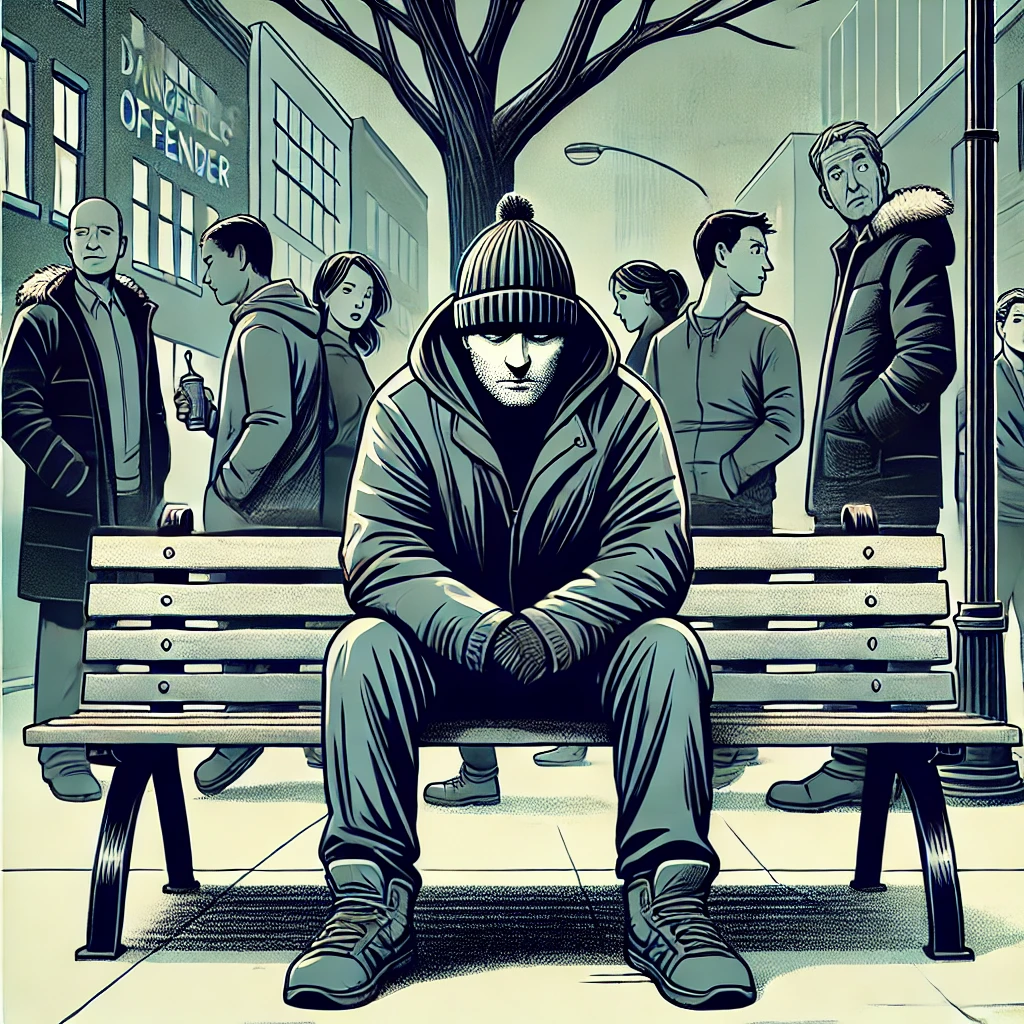The Dangerous Offender designation in Canada is no joke. It’s meant for the worst of the worst—repeat violent criminals, serial predators, and people who show no signs of stopping. Once someone gets that label, they’re pretty much locked away indefinitely. But here’s the problem: courts are slapping this designation on cases where it doesn’t belong, like domestic disputes that escalated in the heat of the moment. That’s not what the Dangerous Offender classification was designed for, and misusing it like this does more harm than good.

The Reality of a Dangerous Offender Label
Let’s be real—domestic disputes can get ugly. Emotions run high, things spiral, and sometimes, serious harm happens. But there’s a massive difference between a guy who snapped during a heated argument and someone like Paul Bernardo. The Dangerous Offender label was created for people with a long history of calculated violence, not for cases where there’s a possibility of rehabilitation. When courts overuse this classification, they’re turning what should be a fair sentencing process into a life sentence without parole.
A prime example? Consider the case of Michael Spratt, a defense lawyer who’s spoken out against the misuse of this designation. He’s seen firsthand how some domestic cases, even when serious, don’t fit the criteria but still end up with a Dangerous Offender hearing. That’s a problem. Once someone gets this label, they’re looking at indefinite detention—often in a system that does little to rehabilitate or consider mitigating factors.
Overusing the Dangerous Offender Classification Hurts Everyone
Throwing the Dangerous Offender label around like a catch-all solution doesn’t make communities safer. If anything, it undermines trust in the legal system. Instead of distinguishing between repeat violent criminals and people who made a terrible mistake, courts are taking a blanket approach. This means:
- More people are living behind bars without the chance to prove they’ve changed.
- Families were permanently separated when other solutions, like structured parole or counselling, could have worked.
- Limited resources are being wasted on indefinite detention instead of actual violent offenders who are a persistent threat.
It’s one thing to ensure public safety, but it’s another to abandon any concept of proportional justice. Canada already has one of the highest incarceration rates in the developed world. Handing out Dangerous Offender labels for domestic disputes only adds to that problem.
What Needs to Change?
If the Dangerous Offender designation will keep its credibility, it needs to be used properly. Here’s what should happen:
- More explicit Guidelines for Judges – Courts must be stricter about when this classification applies. If someone has a violent history with no chance of rehabilitation, fine. But a first-time offence in a domestic situation? That should be handled differently.
- More Focus on Rehabilitation – Throwing someone in prison indefinitely doesn’t fix the underlying issue. Programs that address anger management, mental health, and substance abuse could prevent repeat offences without resorting to extreme sentences.
- Public Awareness and Legal Challenges—More people need to understand how this designation works so that wrongful applications of it can be challenged. Legal advocacy groups have been fighting this in some cases, but the push for reform needs to be bigger.
Final Thoughts
The Dangerous Offender designation isn’t something that should be handed out lightly. It’s meant to protect society from people who are genuinely beyond rehabilitation. But when courts start applying it to domestic disputes, they’re setting a dangerous precedent—one that punishes people for life based on a single incident rather than a pattern of violence. Justice should be about fairness, not just locking people away and throwing away the key. If Canada wants a system that works, it’s time to rethink how and when we apply the Dangerous Offender label.
Author: Lucas Harding
Lucas Harding is a Canadian legal analyst specializing in sentencing law and criminal justice reform, with years of experience reviewing high-profile court cases.

